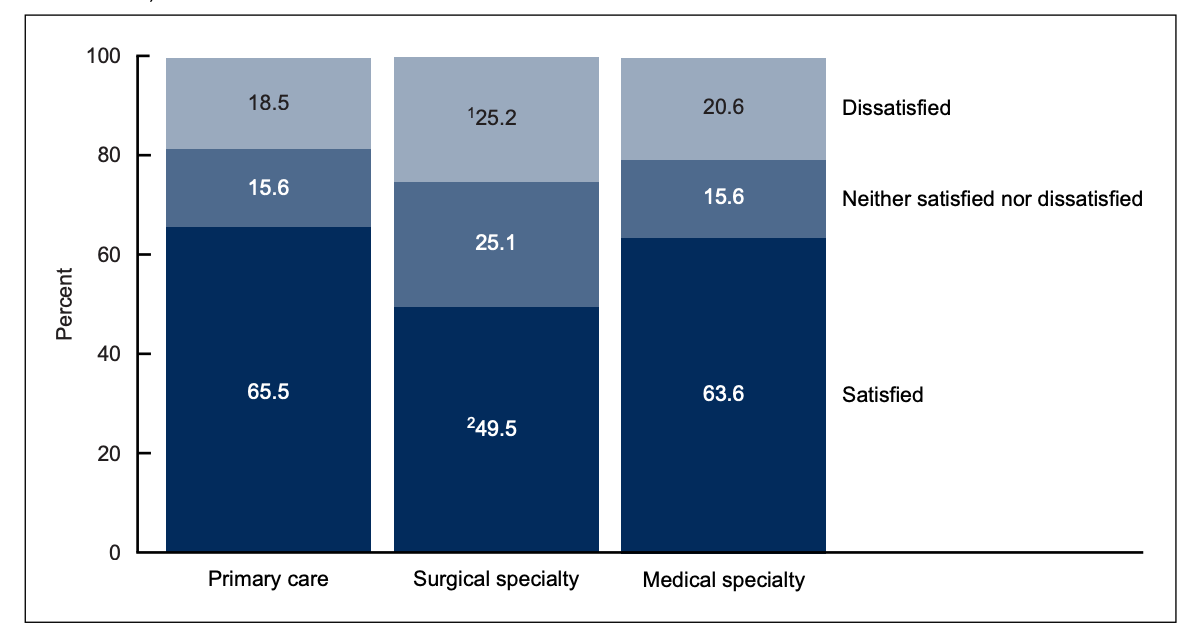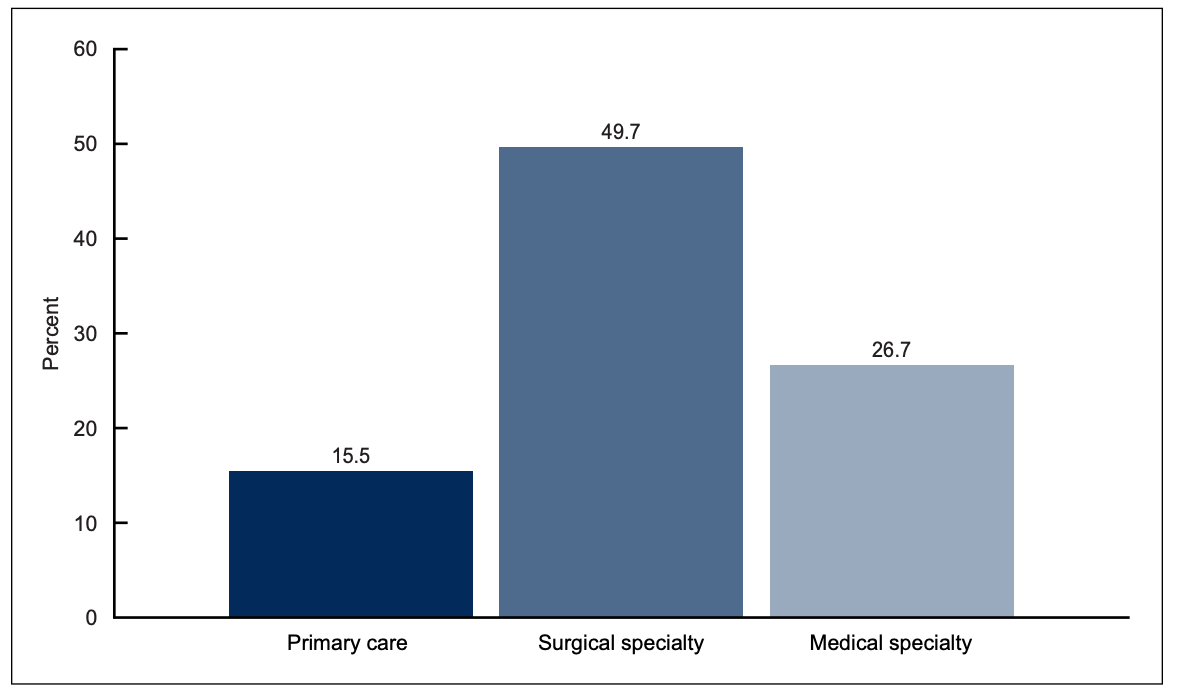closer look
When a VC firm wants to buy a safety-net hospital
Summa Health
General Catalyst is a venture capital firm with investments in health tech startups looking for health systems willing to adopt their blend of AI and tech tools to improve care. Summa Health is a safety-net provider in Akron, Ohio, whose residents are questioning General Catalyst's plans to acquire the hospital, worried that the proposed deal will drive up costs, eliminate jobs, reduce the quality of care, or even shutter the hospital system, about a fifth of whose patients are on Medicaid.
"Most of us have family who go there in difficult moments," Mayor Shammas Malik, whose mother received cancer care at Summa Health before her death, told STAT's Mohana Ravindranath. "It's a deeply valued community institution [and] we just want to make sure they understand that, and look forward to building a partnership." In response, Summa spokesman Mike Berstein said Summa is "committed to ongoing dialogue and engaging people across the organization and community throughout the process." Read more.
cancer
A cancer by any other name
Fabrice André, a medical oncologist at Gustave Roussy in France, is not the first to say we should stop naming cancers solely by the organs where they originate. But the president-elect of the European Society of Medical Oncology says a new naming system that emphasizes the molecular characteristics of a cancer would have benefits that are more than academic. Case in point: The first checkpoint inhibitor was successfully tested in melanoma, but patients with other cancers had to wait years for trials to be completed on tumors sharing the same target.
"We're not saying it was a mistake to classify cancers based on anatomy or that people should have done things differently in the past. But look, the framework is no longer adapted to the types of treatments that are available," André told STAT's Angus Chen in an interview about his commentary in Nature on the topic. "Making 20 to 30 trials sequentially, testing a drug in different patient populations, delays access to therapy." Read more.
health tech
Here's what doctors say about telemedicine
Ever wonder what doctors think about the tech used in telemedicine? CDC researchers asked primary care, surgical specialty, and medical specialty physicians if they were satisfied with the technology:
and if they thought is was appropriate for their patients:

Correction: In yesterday's newsletter, a headline mistakenly described how the asthma medication Singulair is taken. It's an oral drug.


No comments